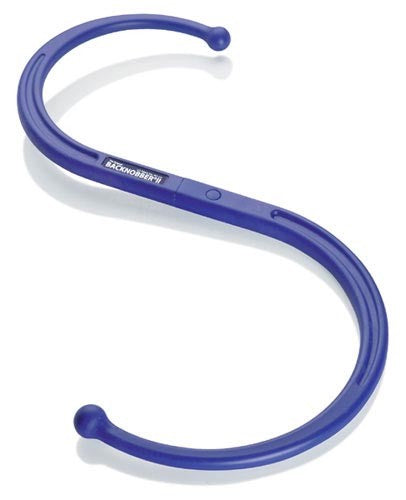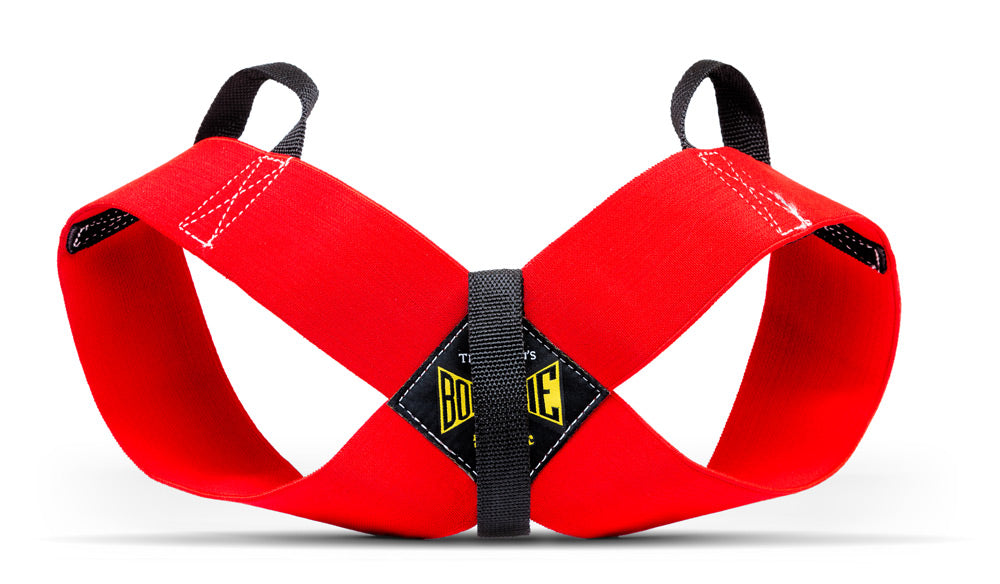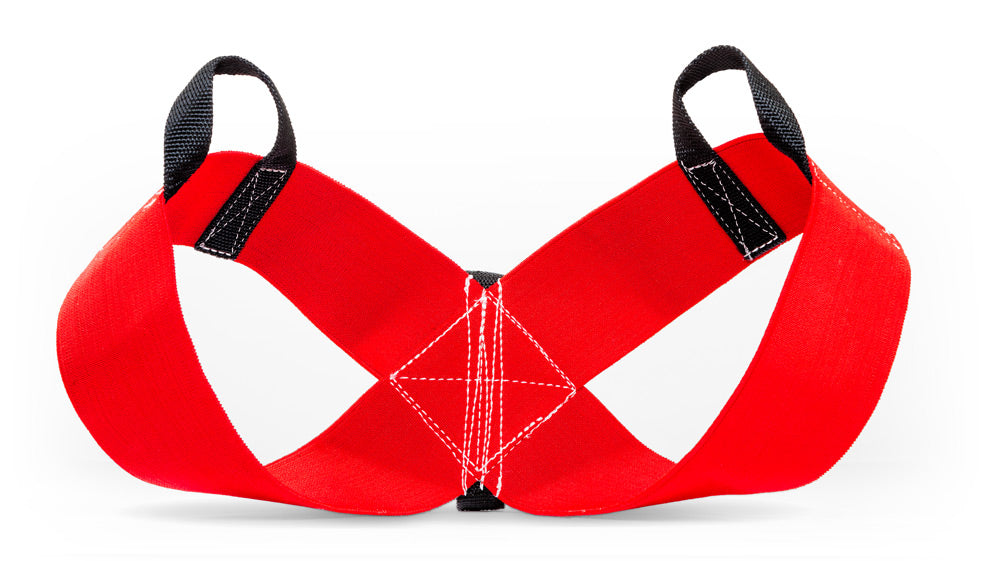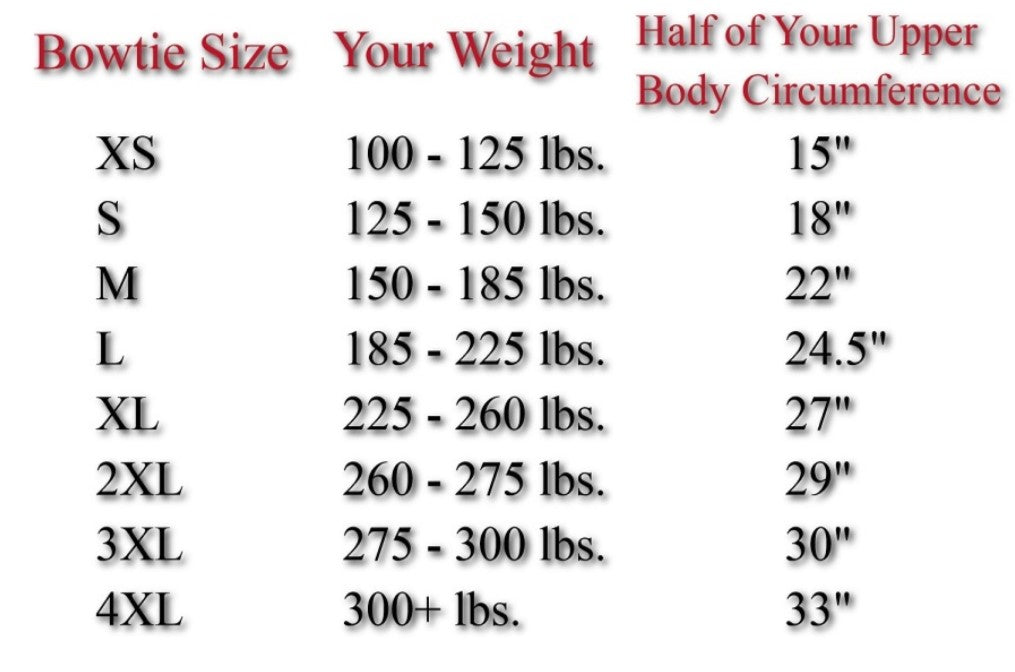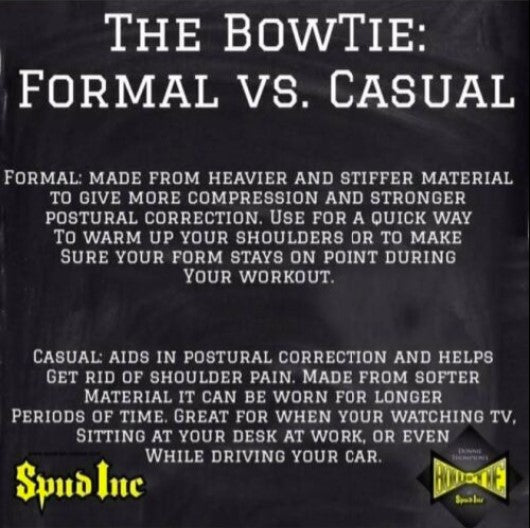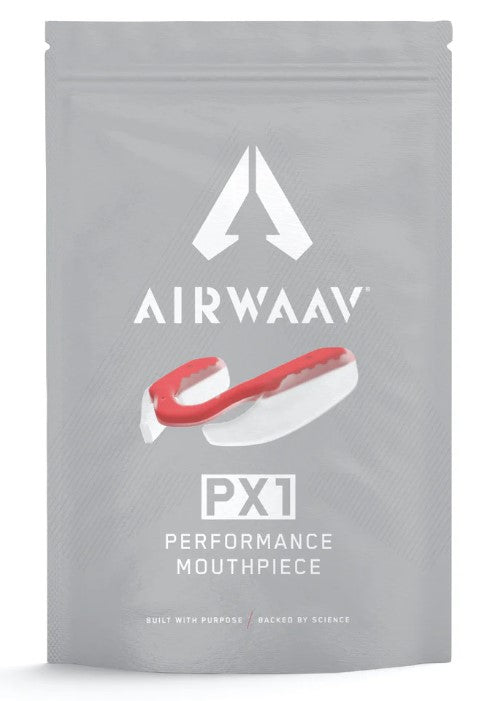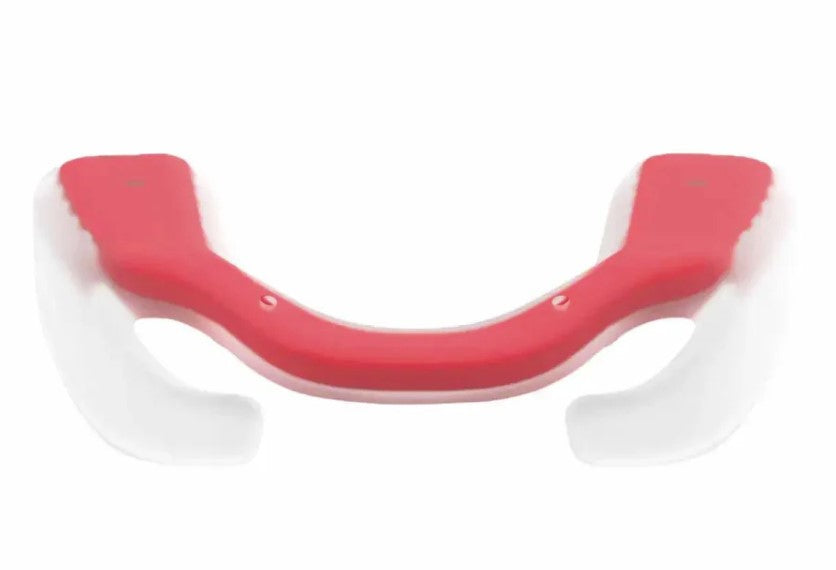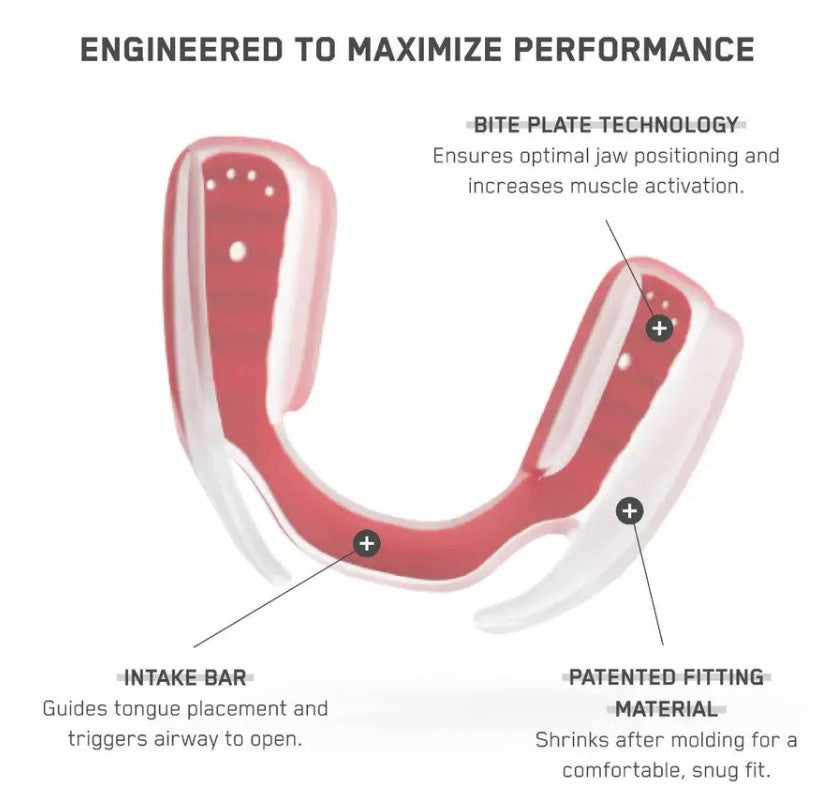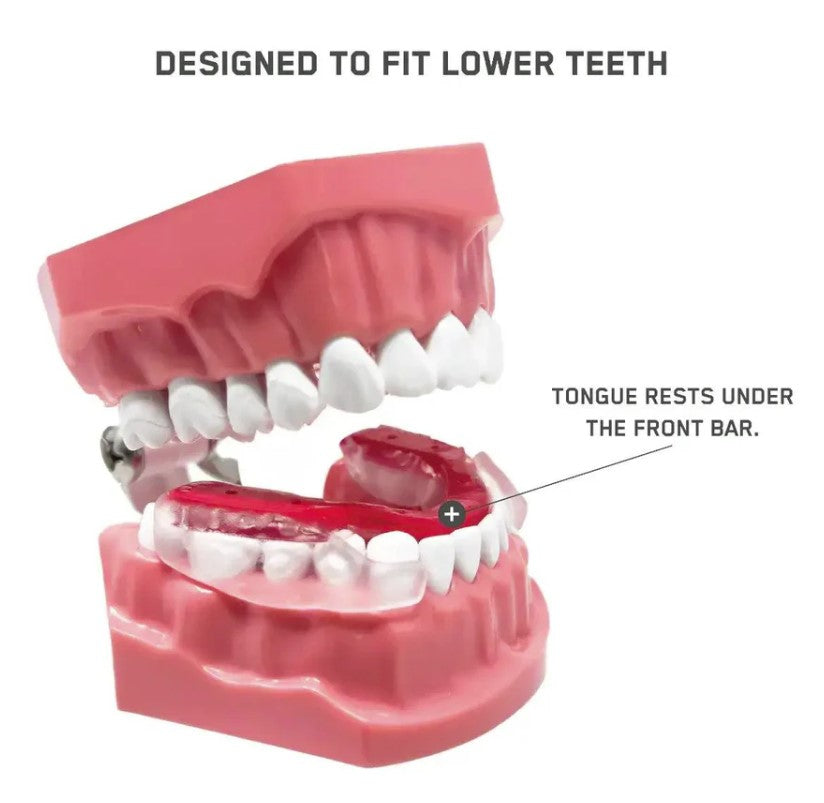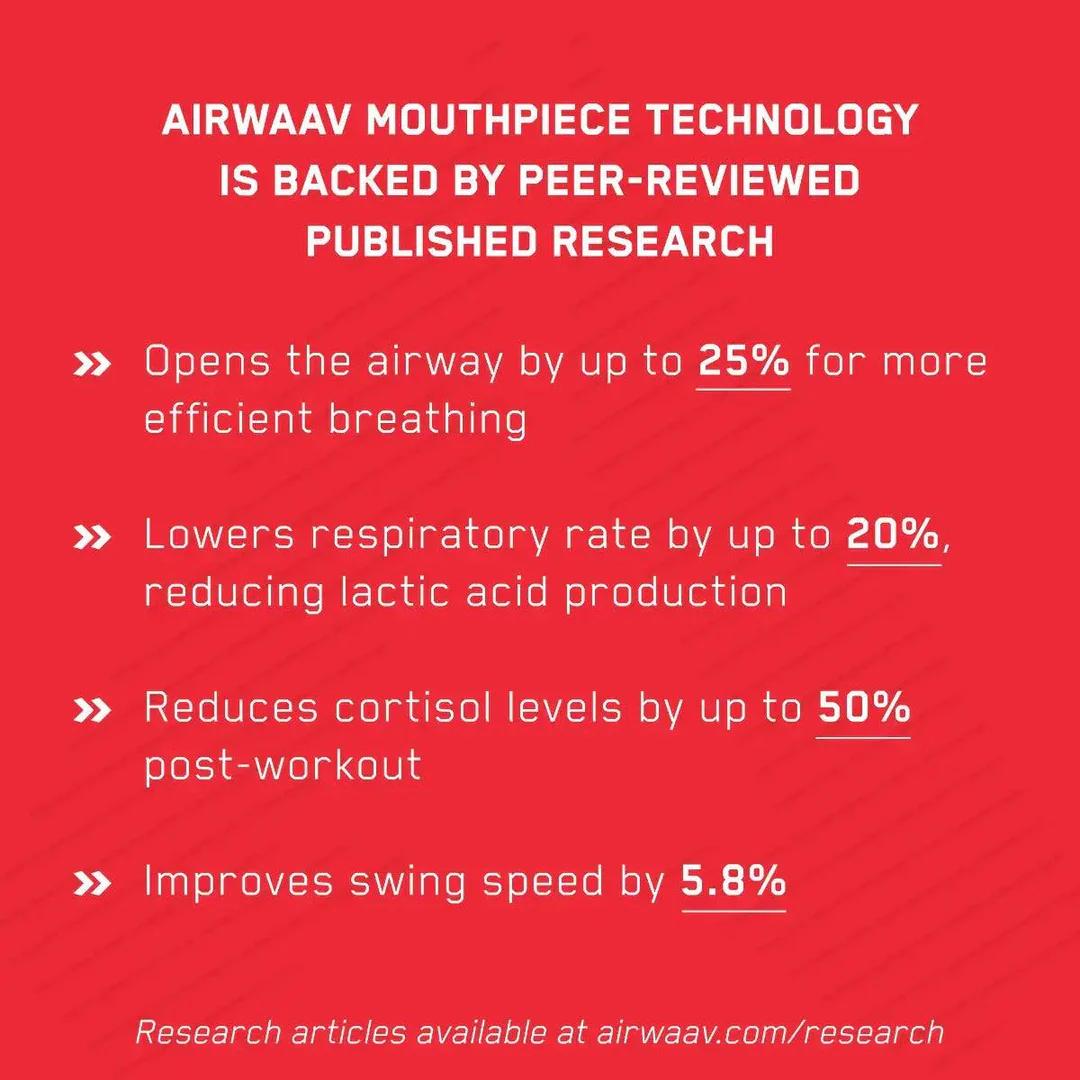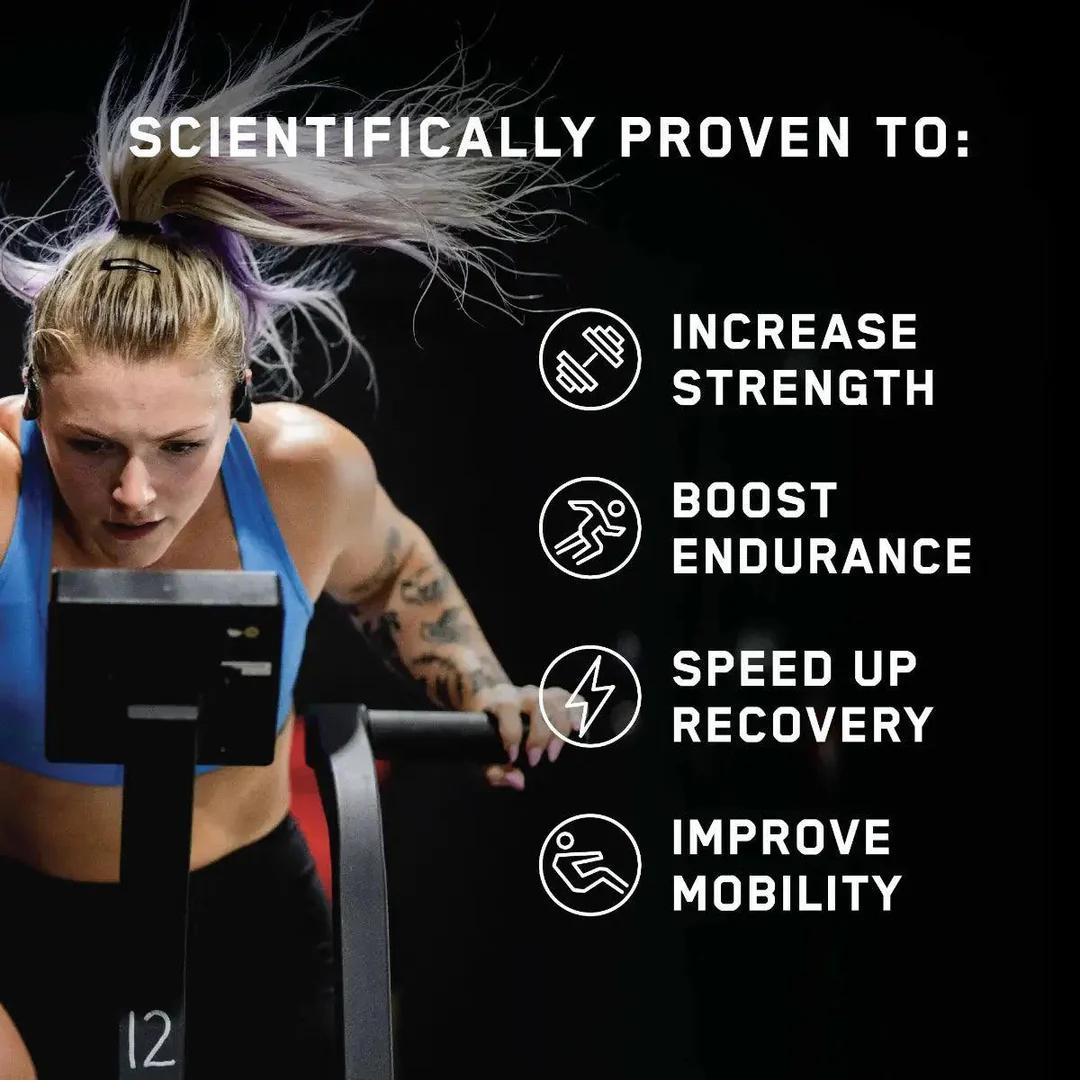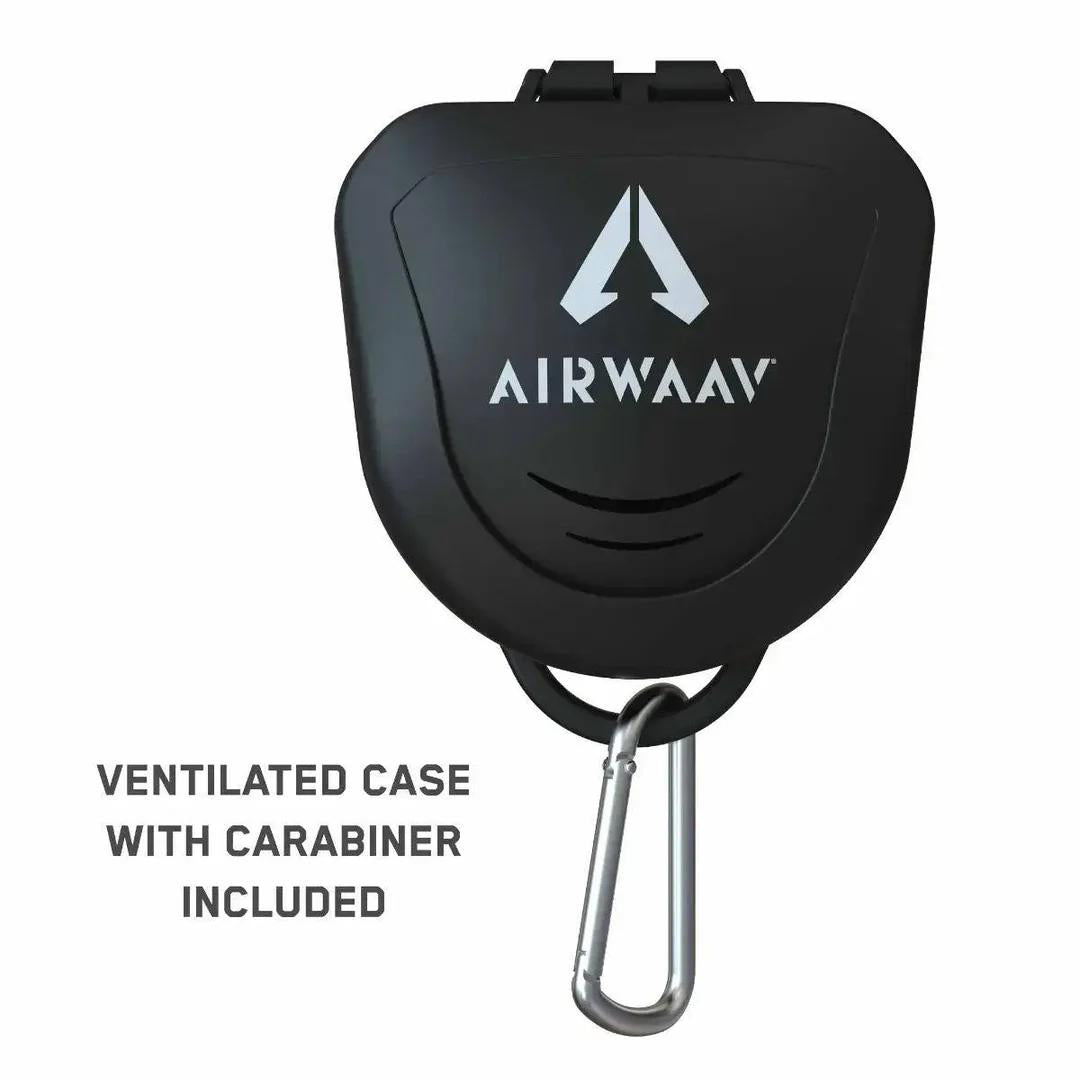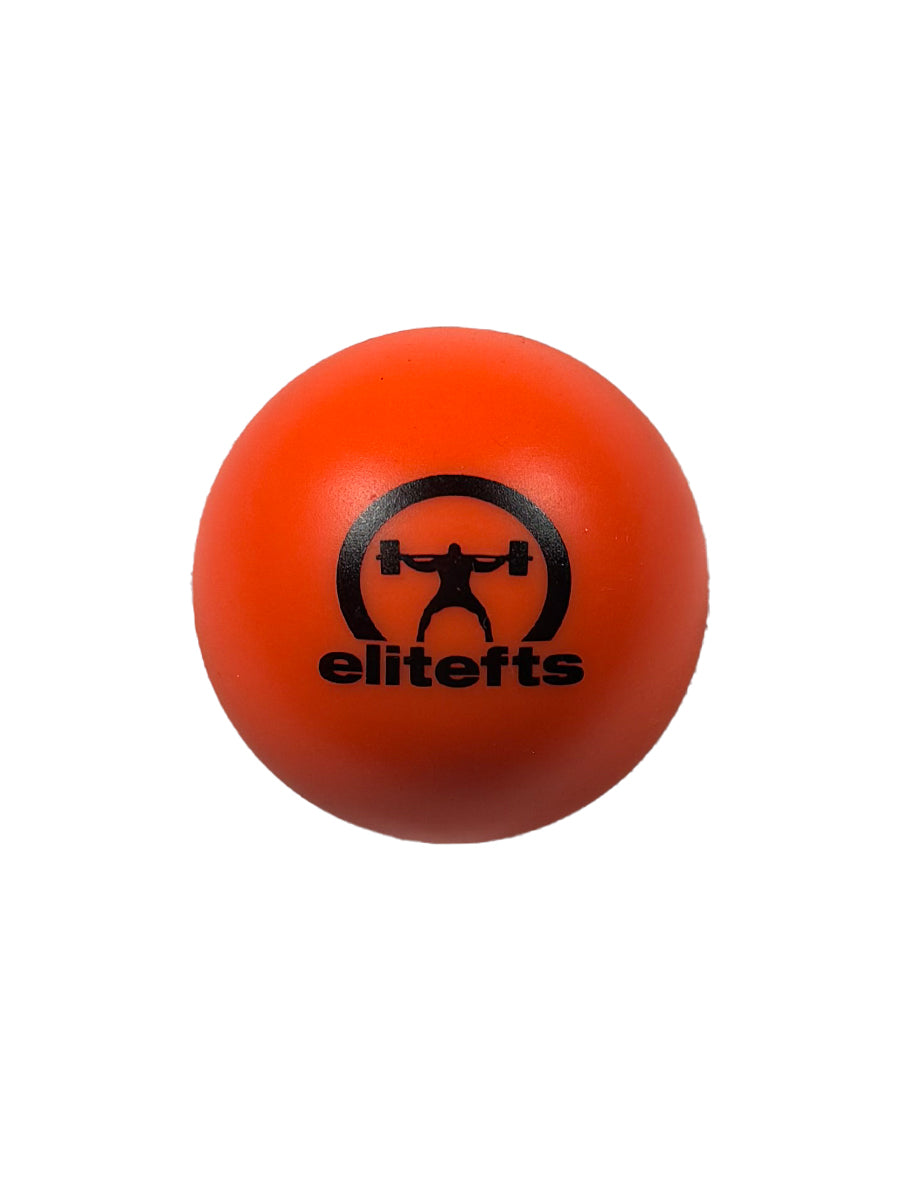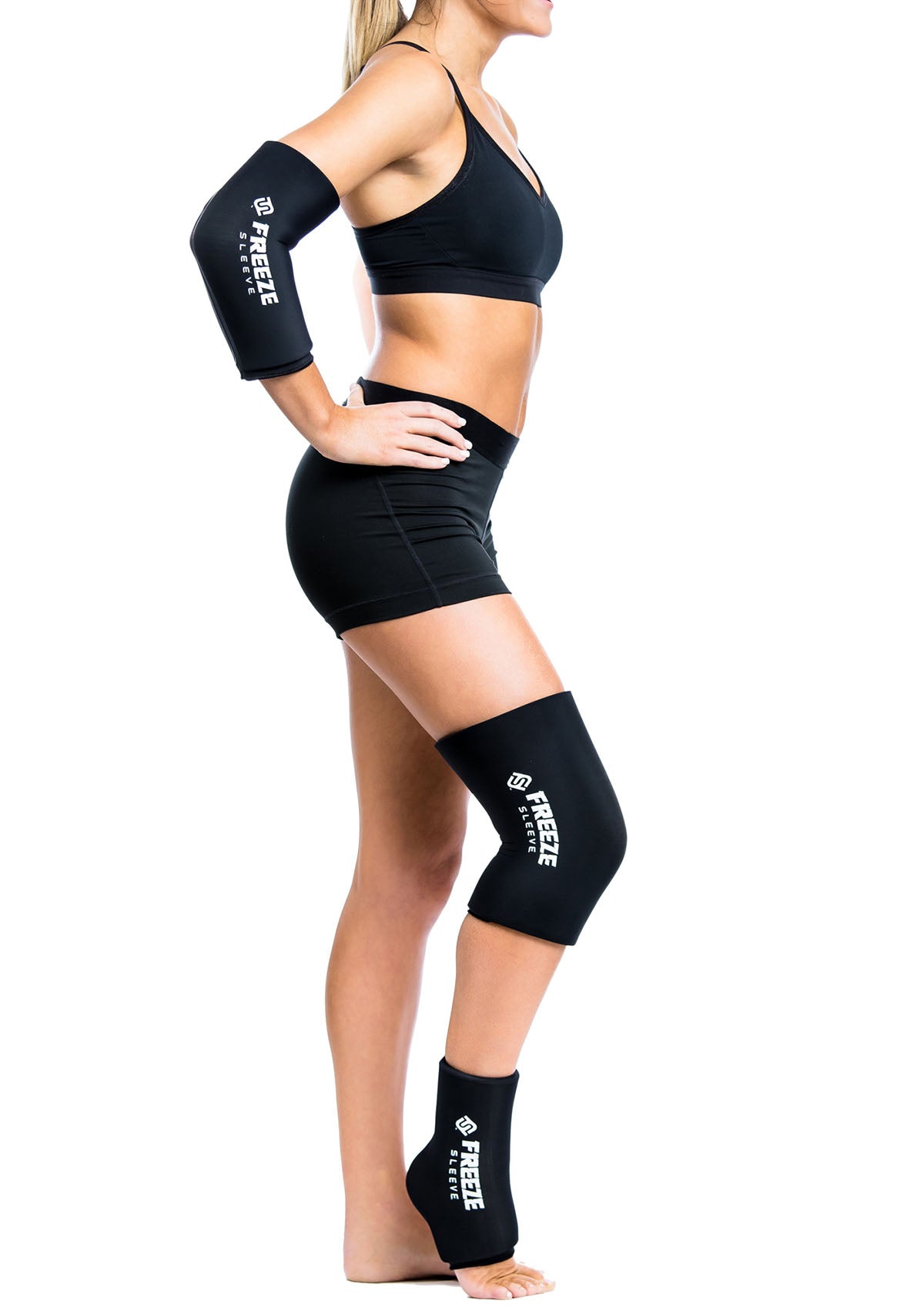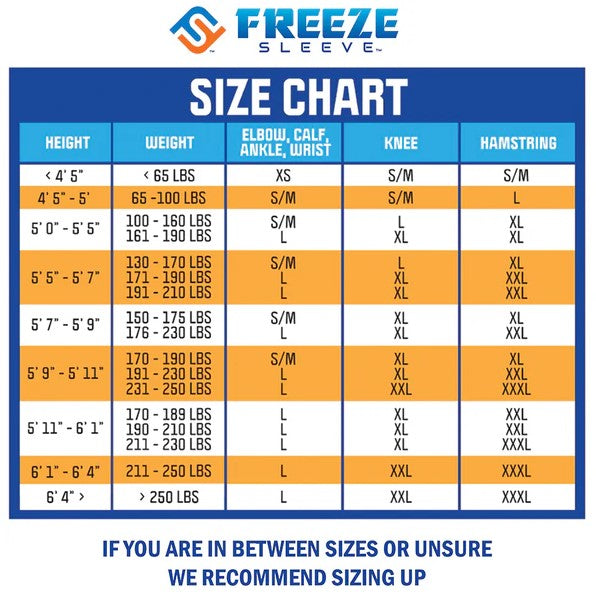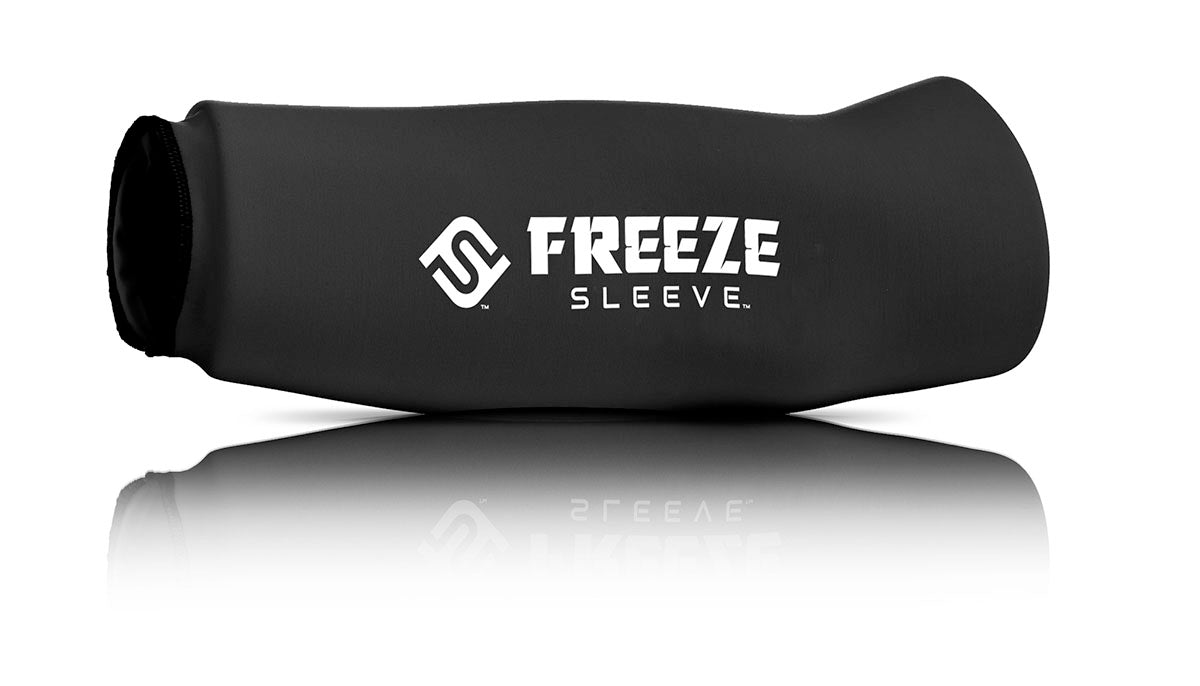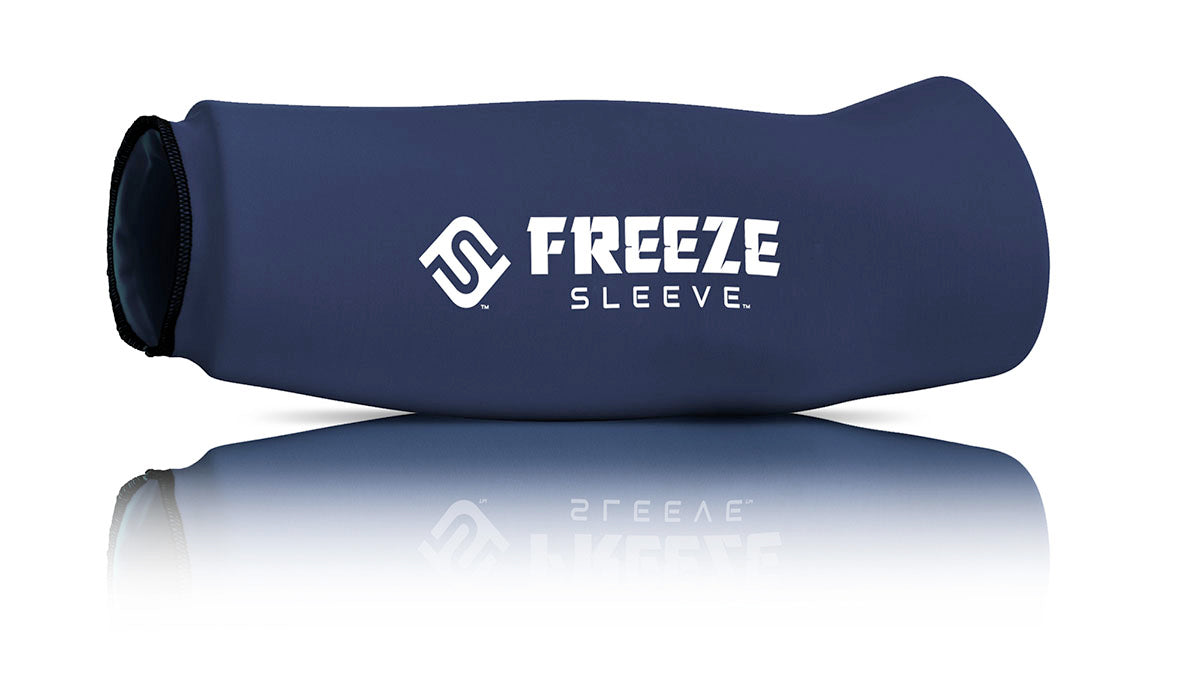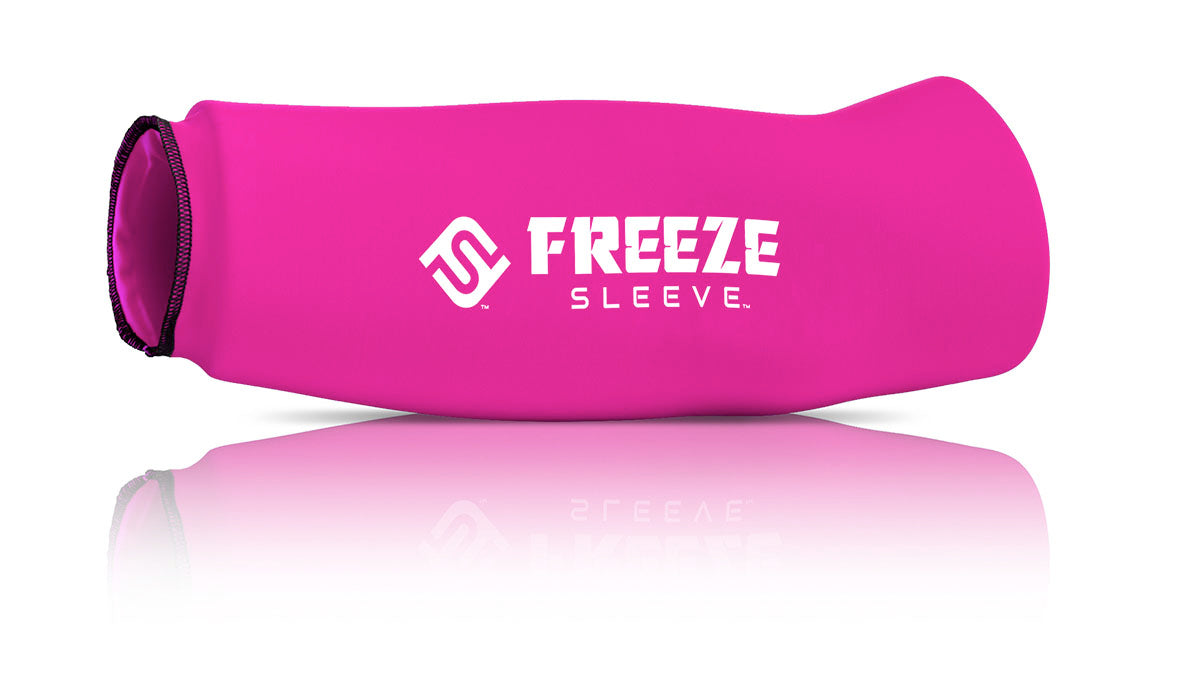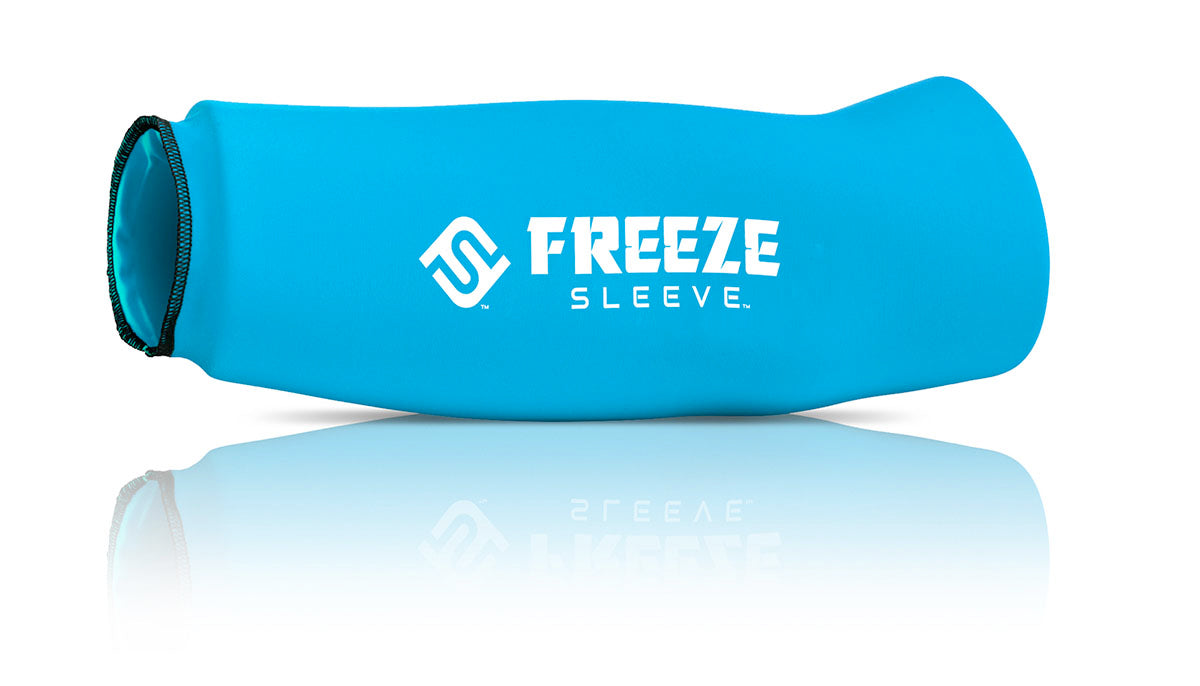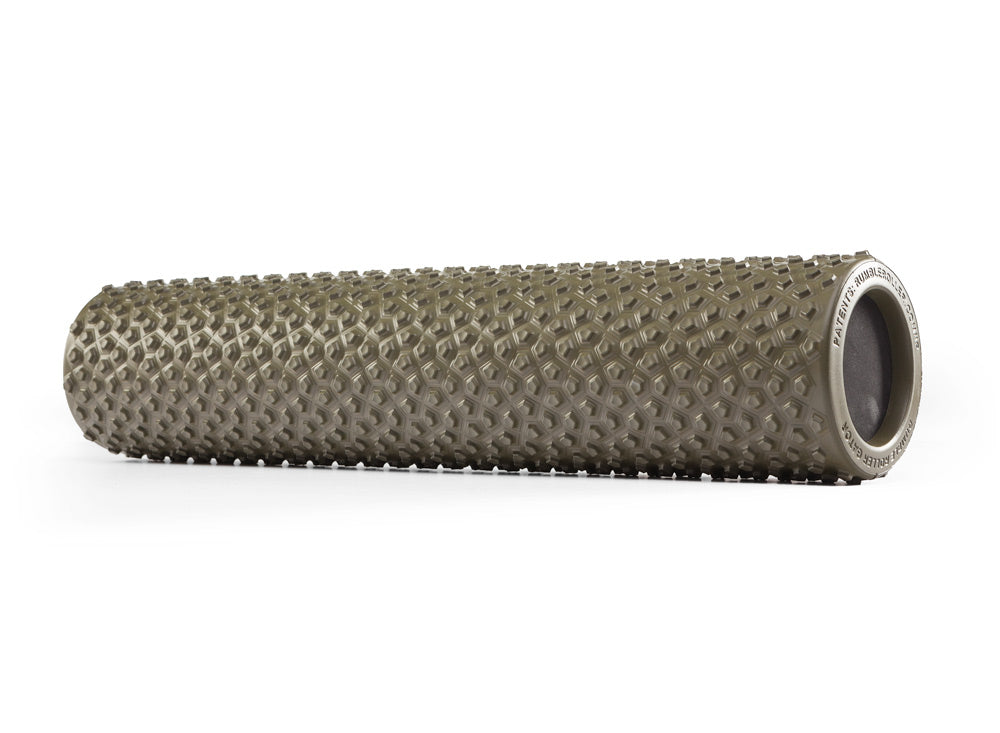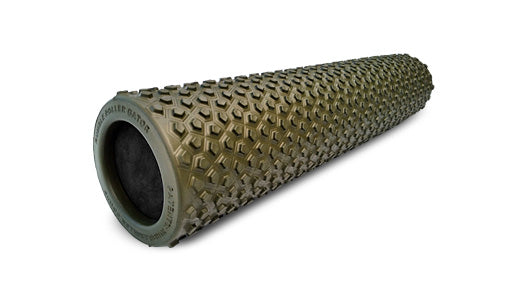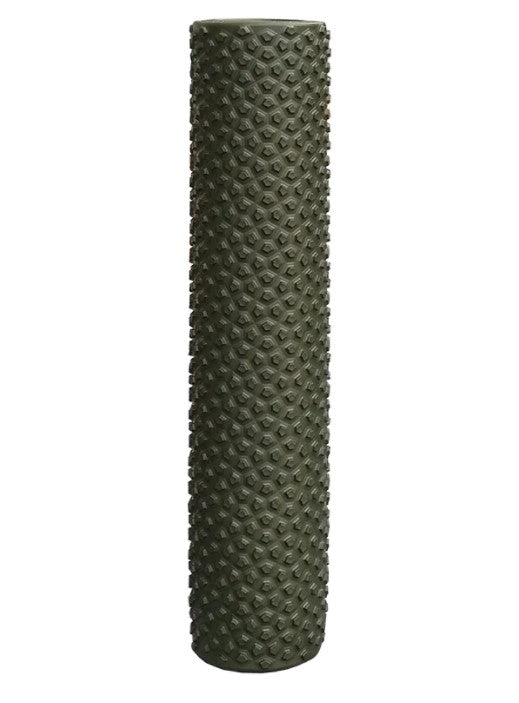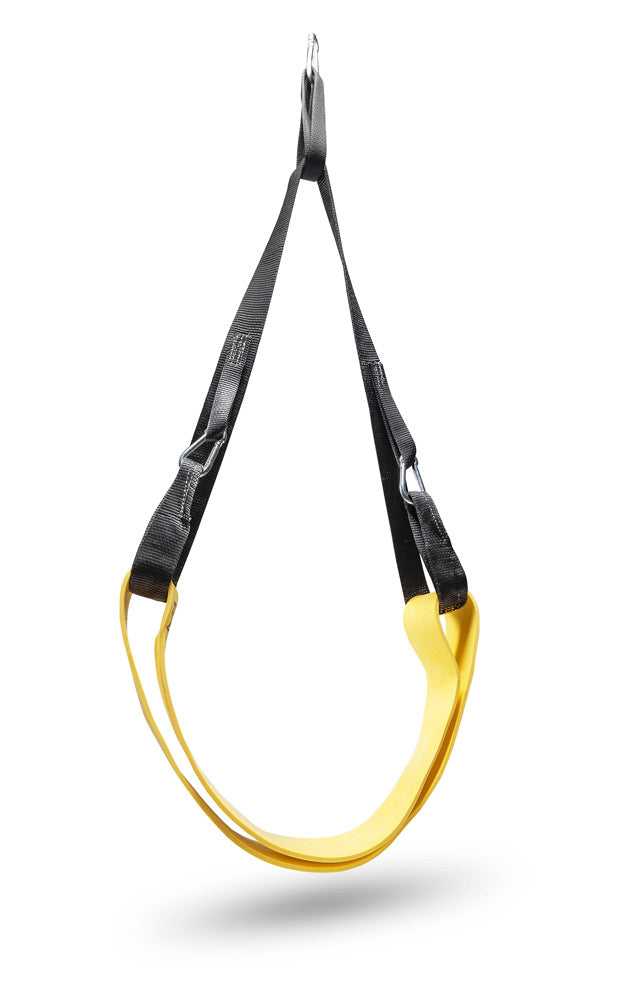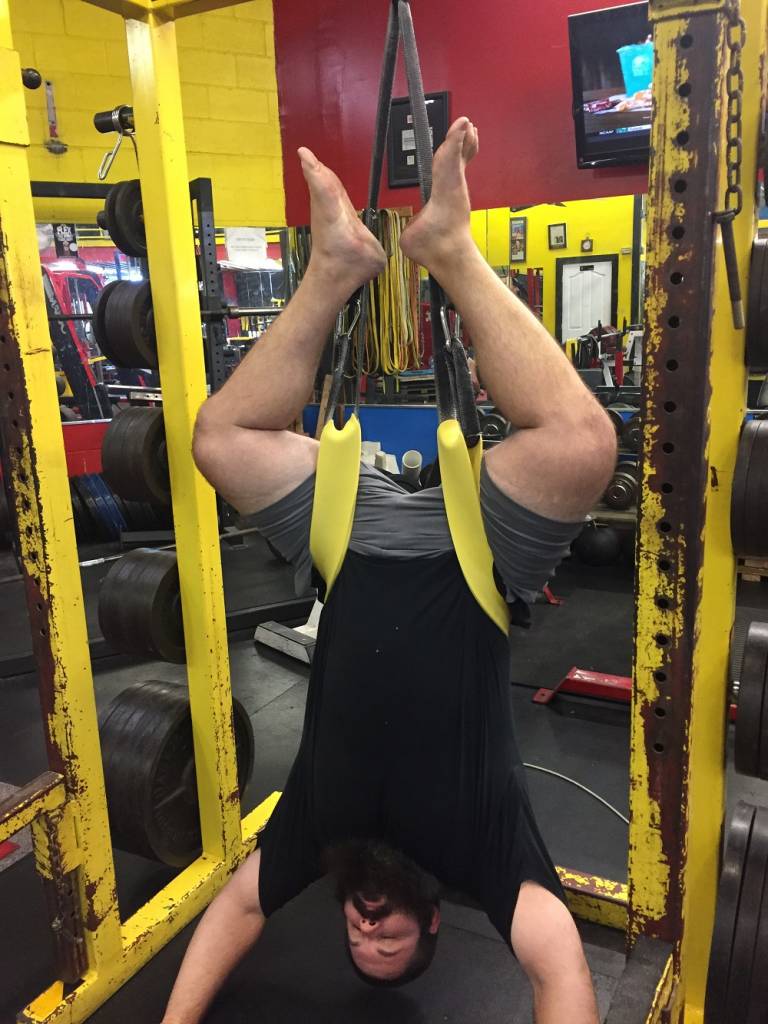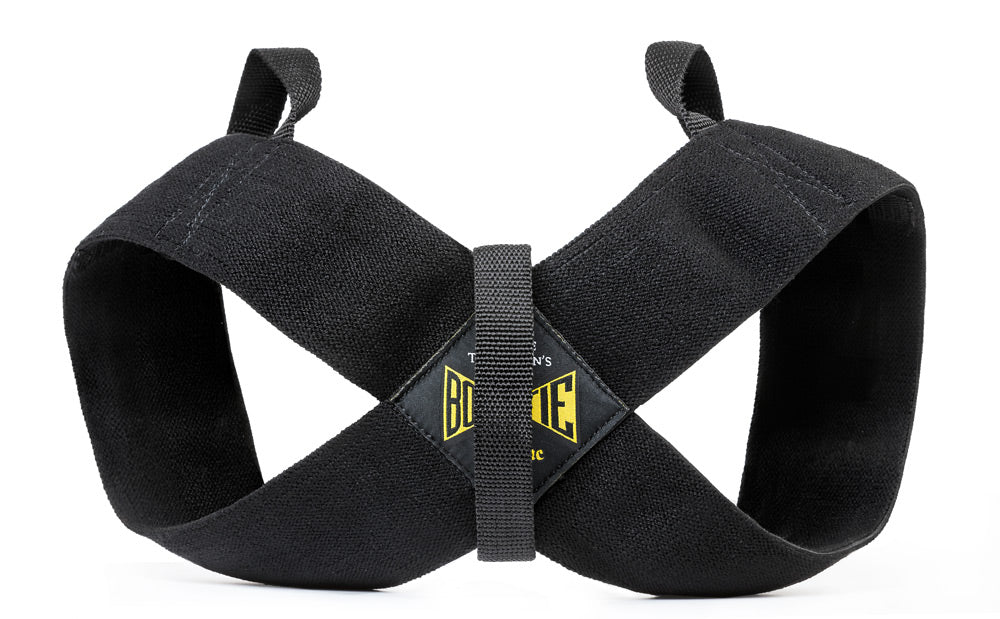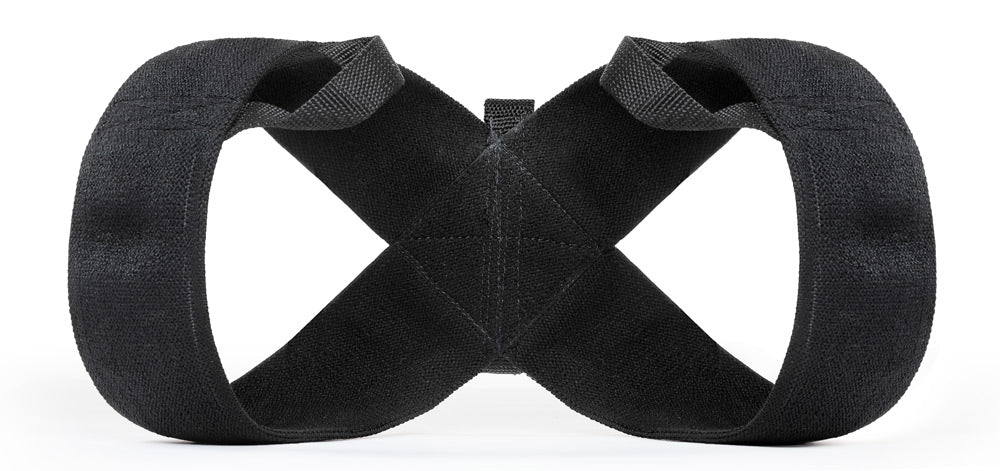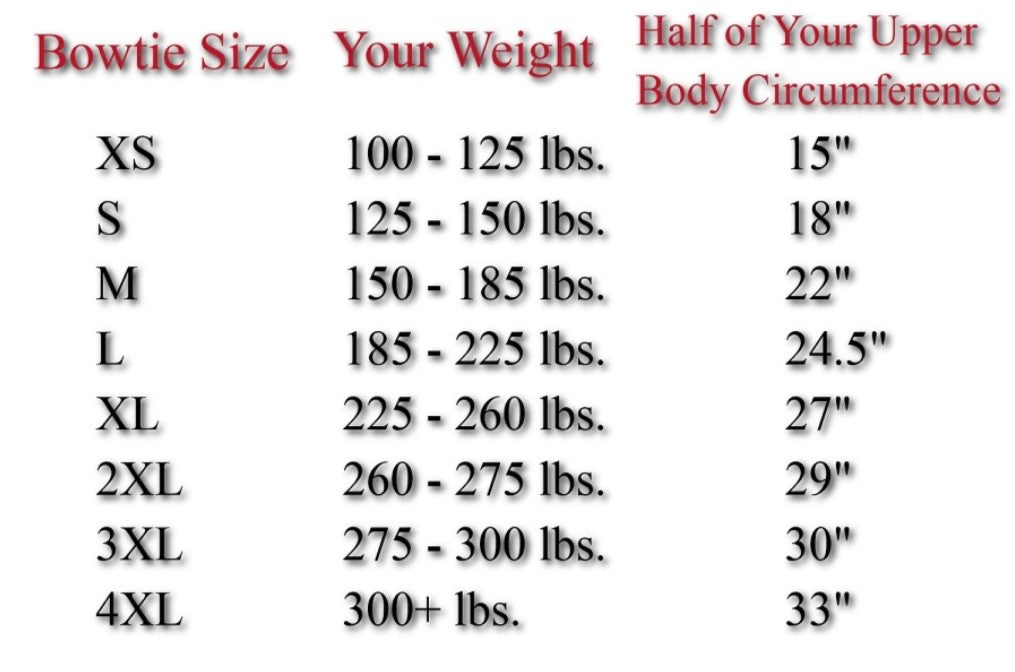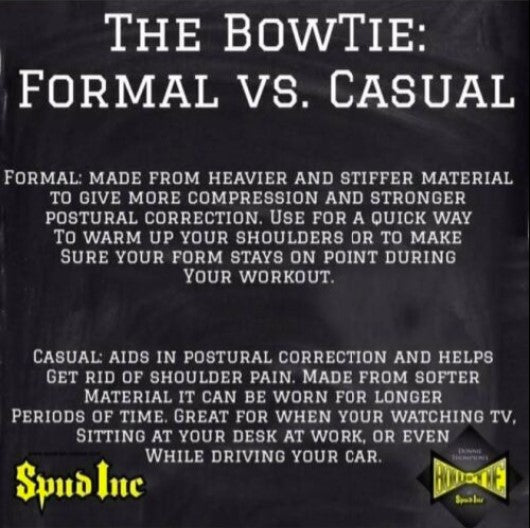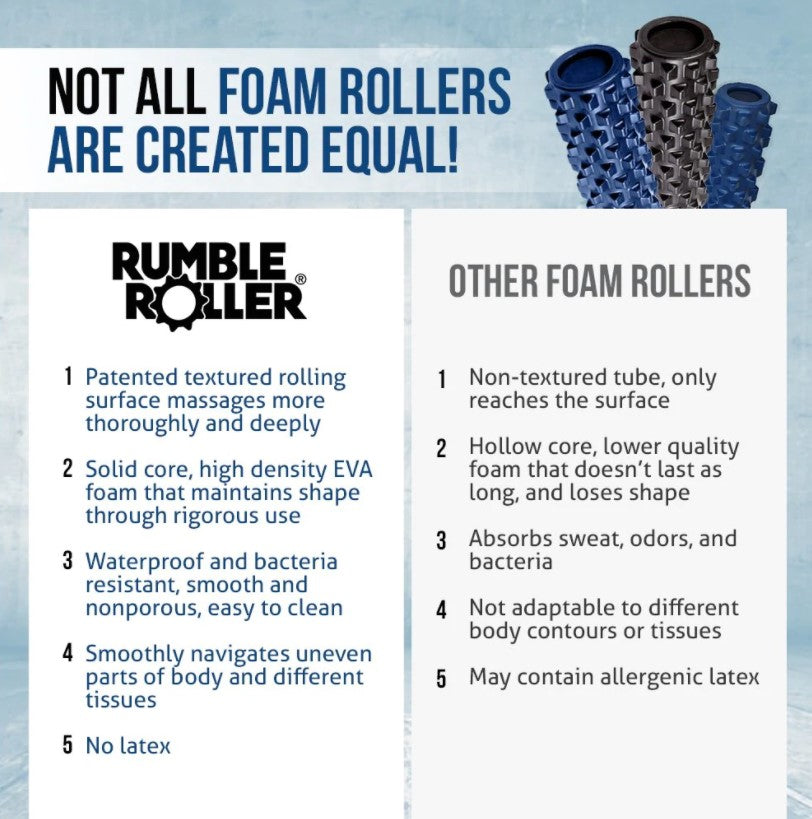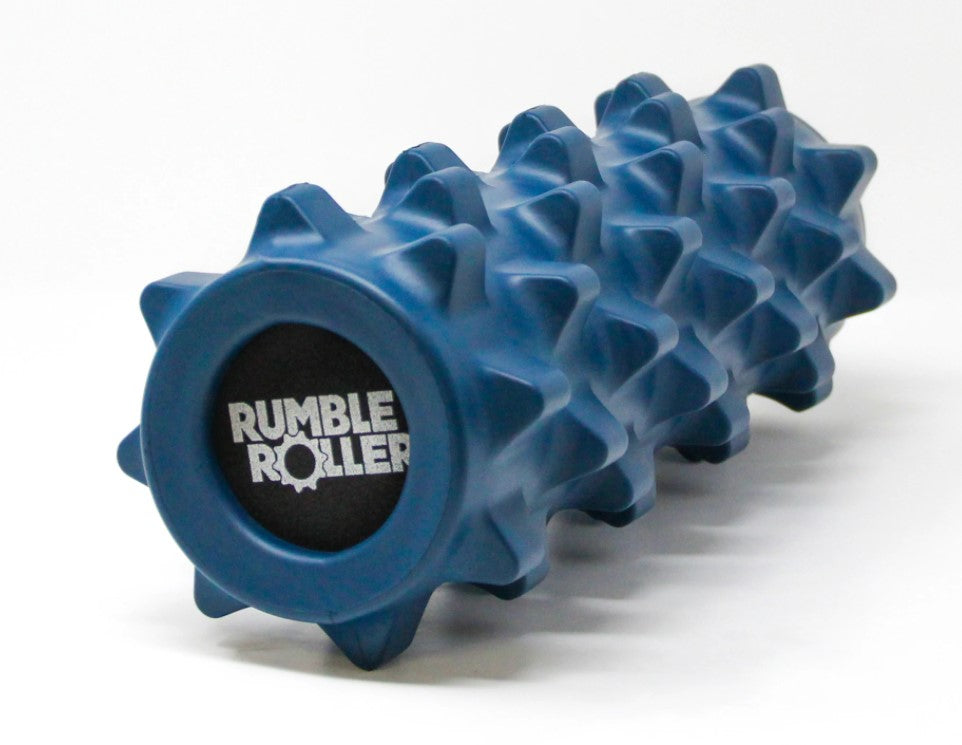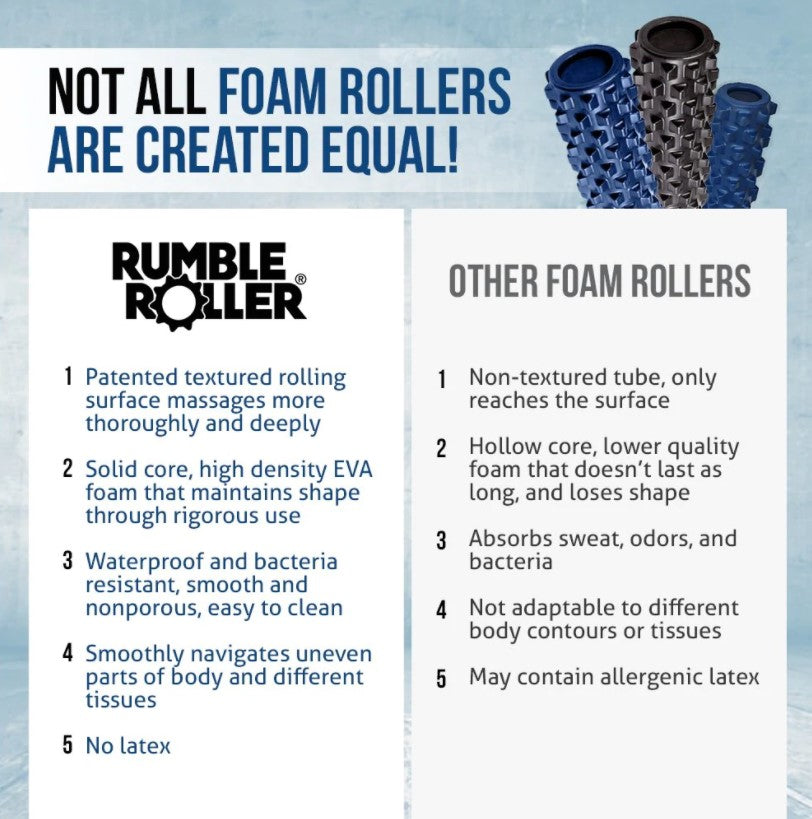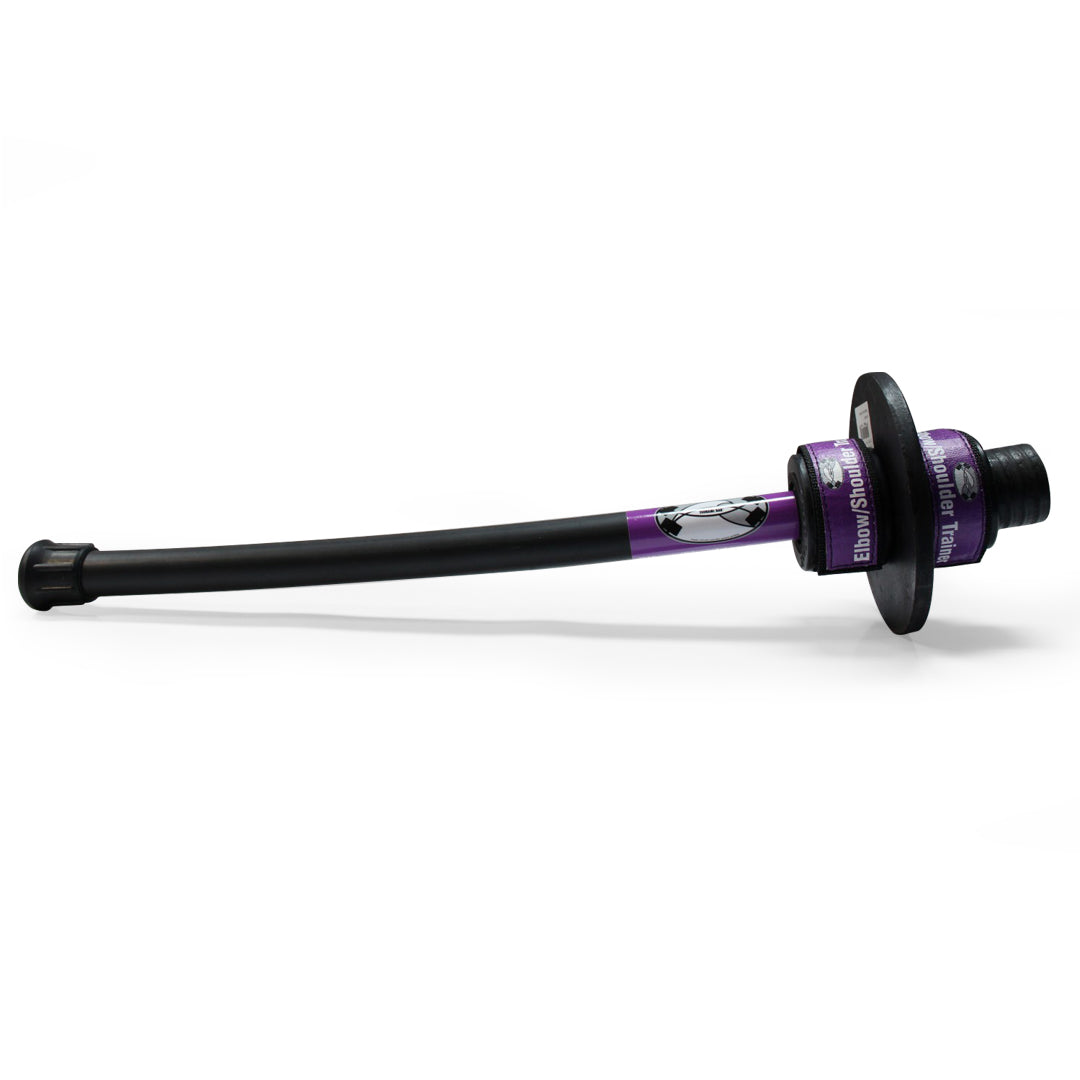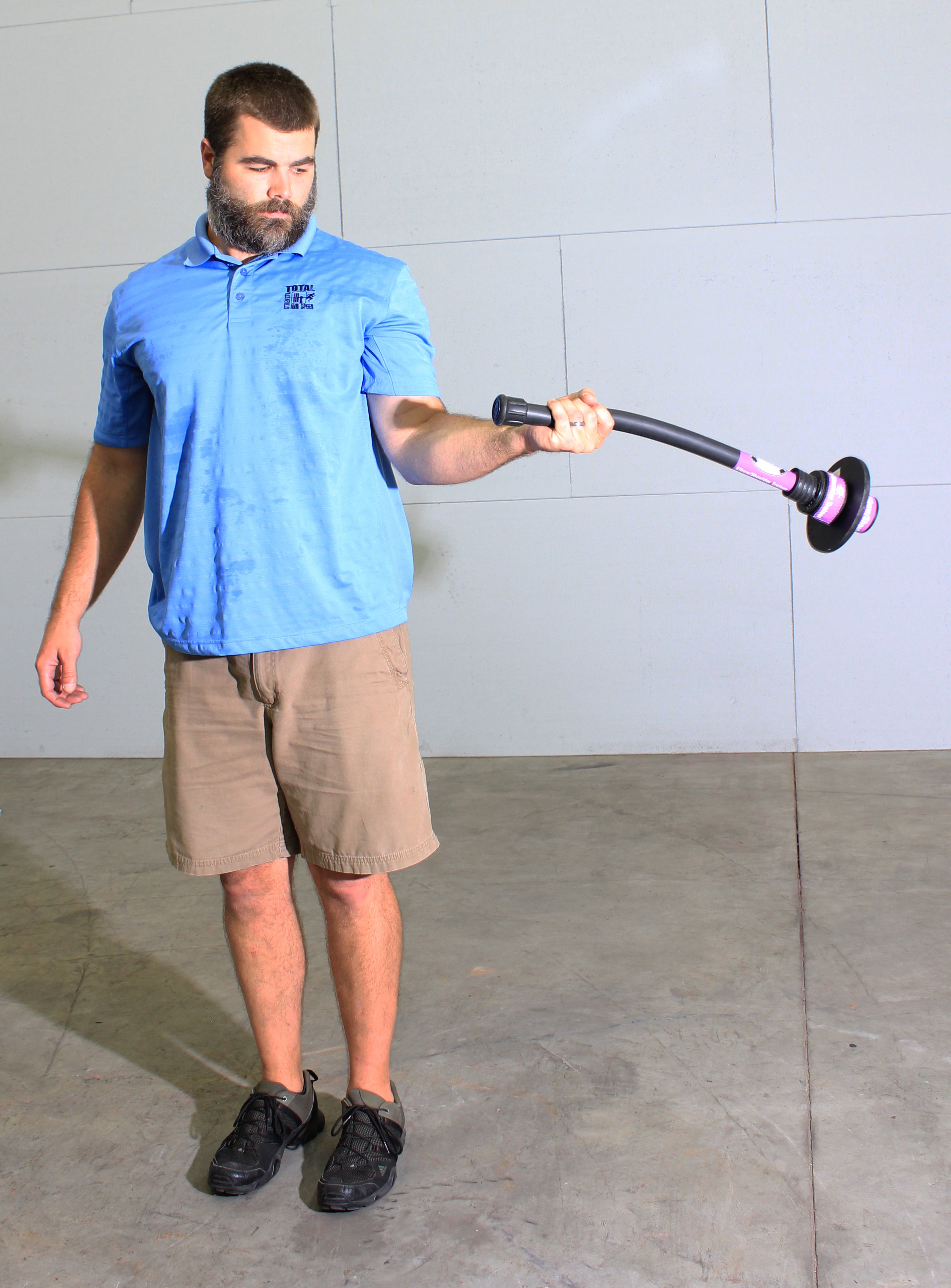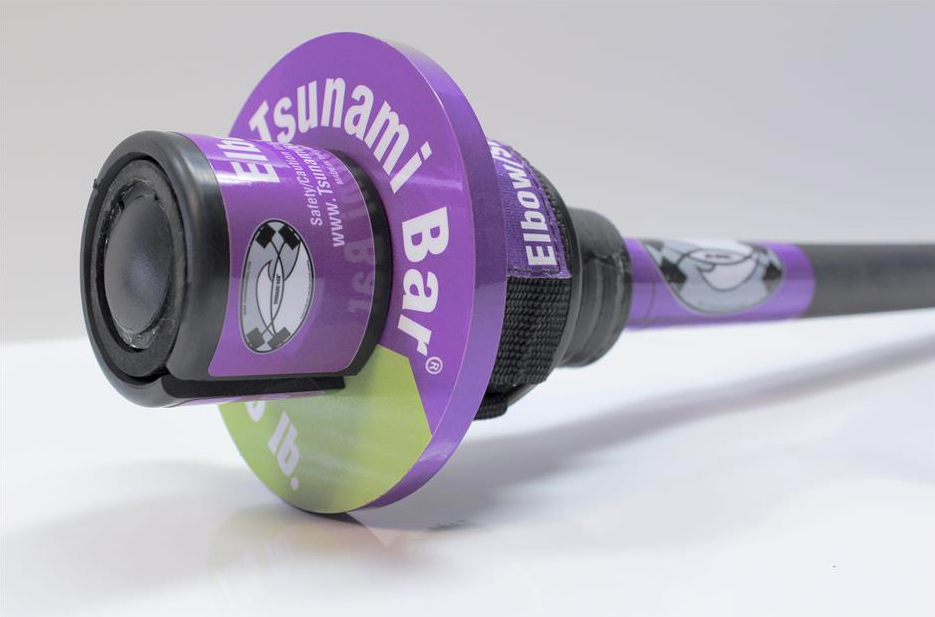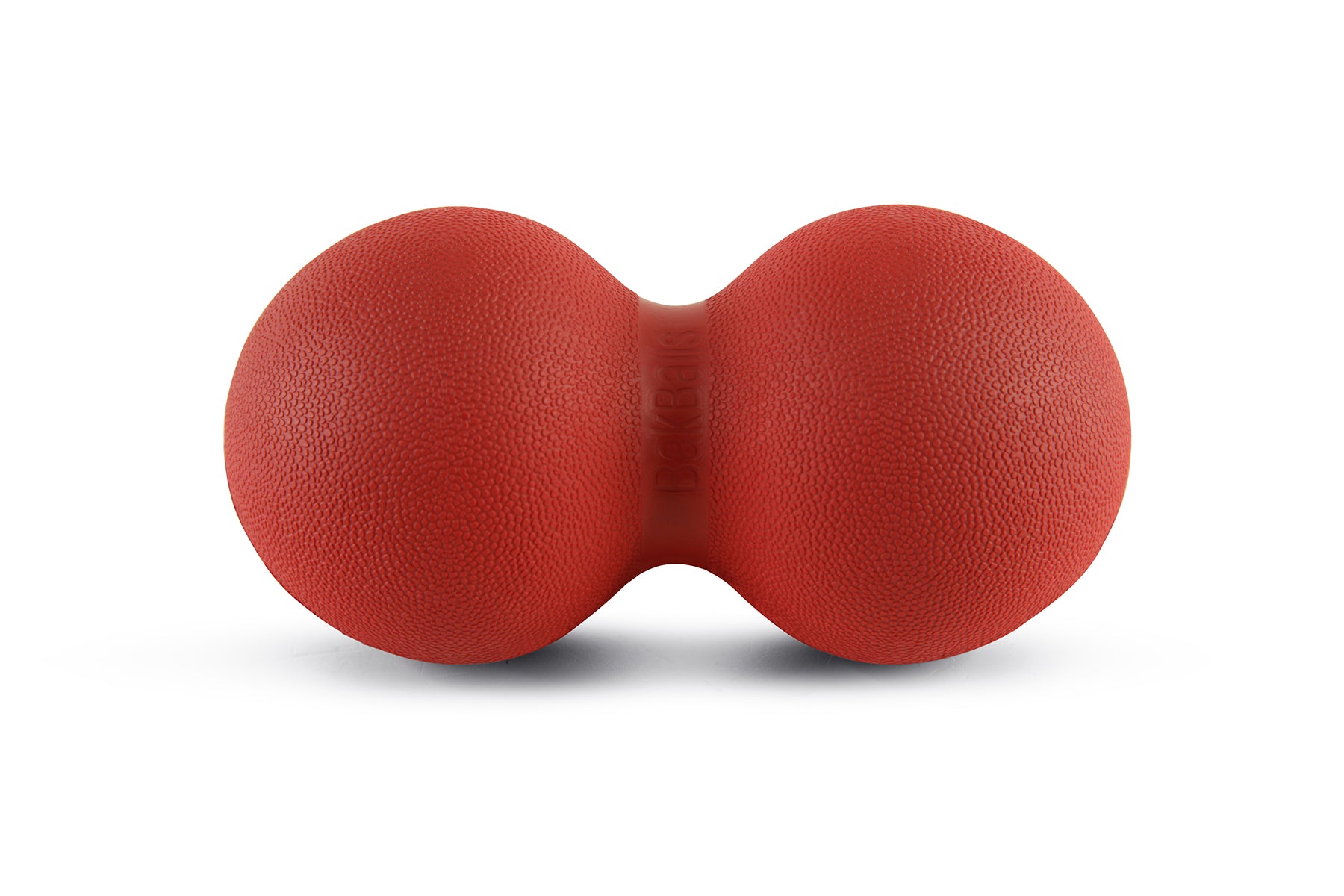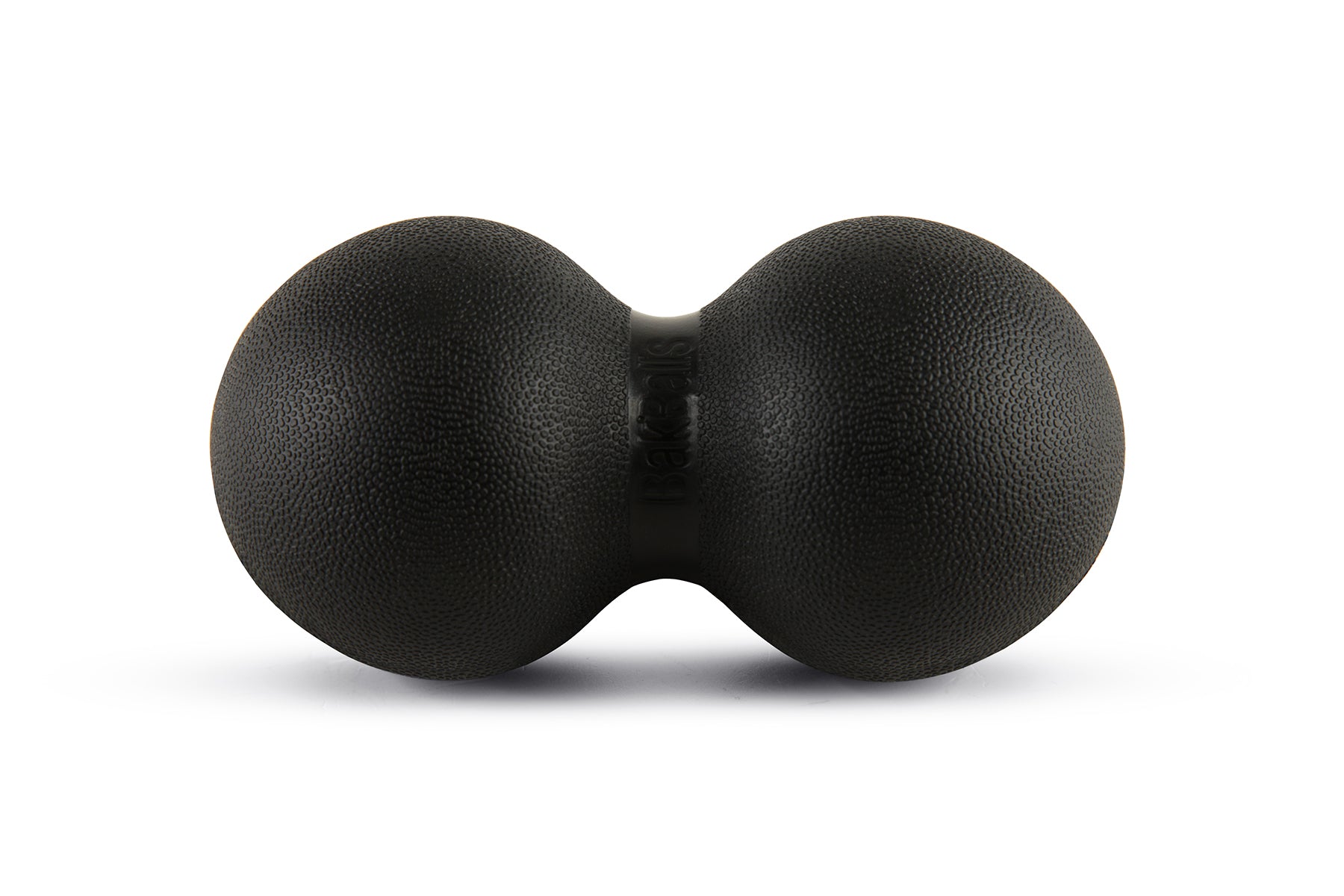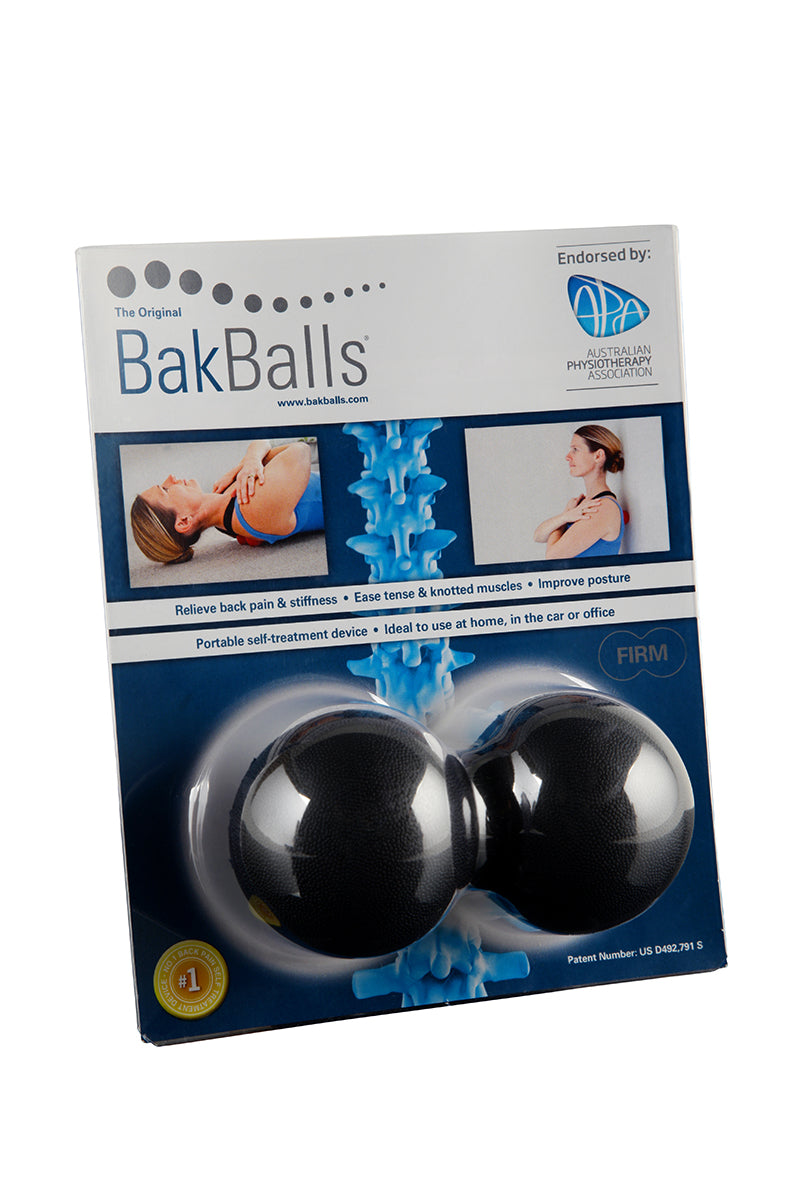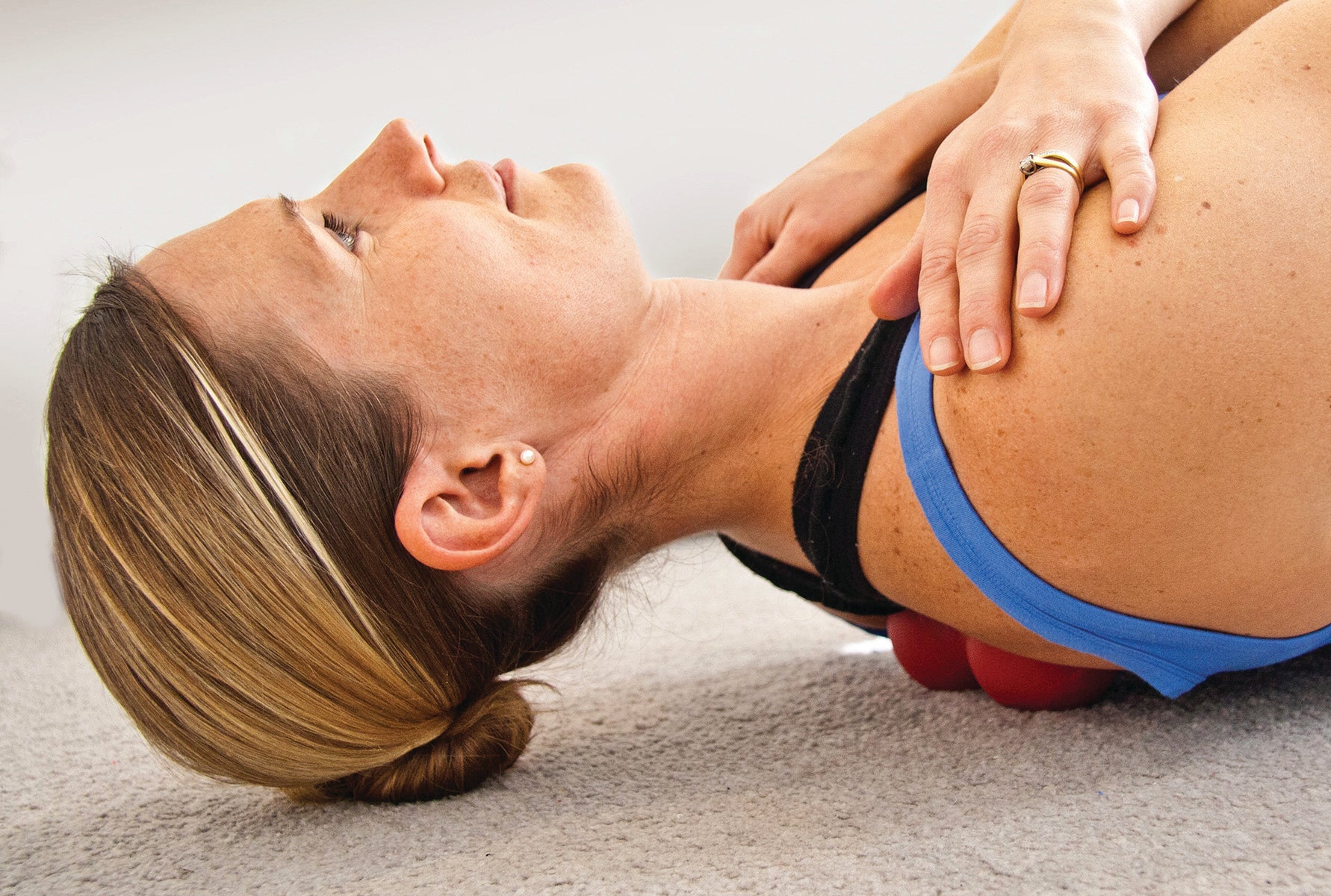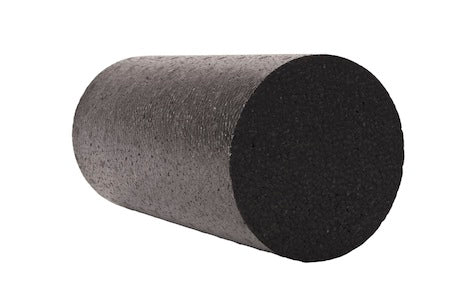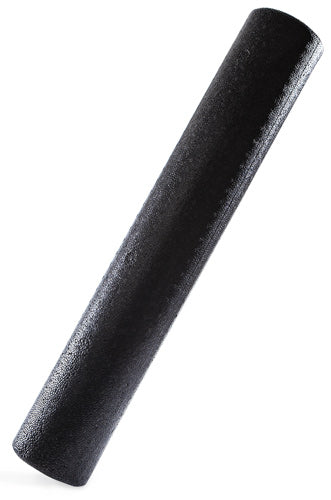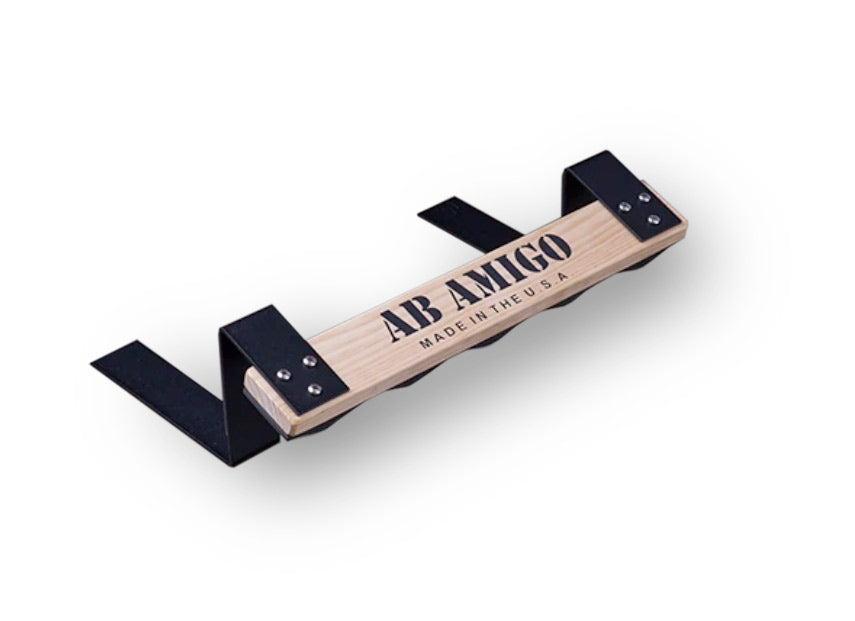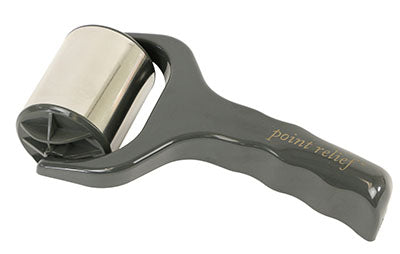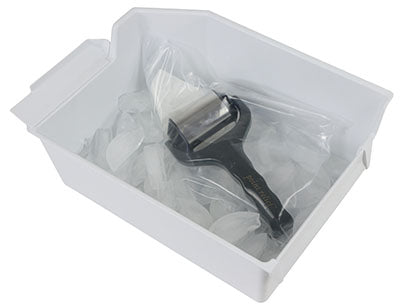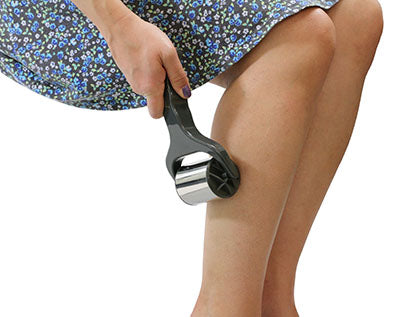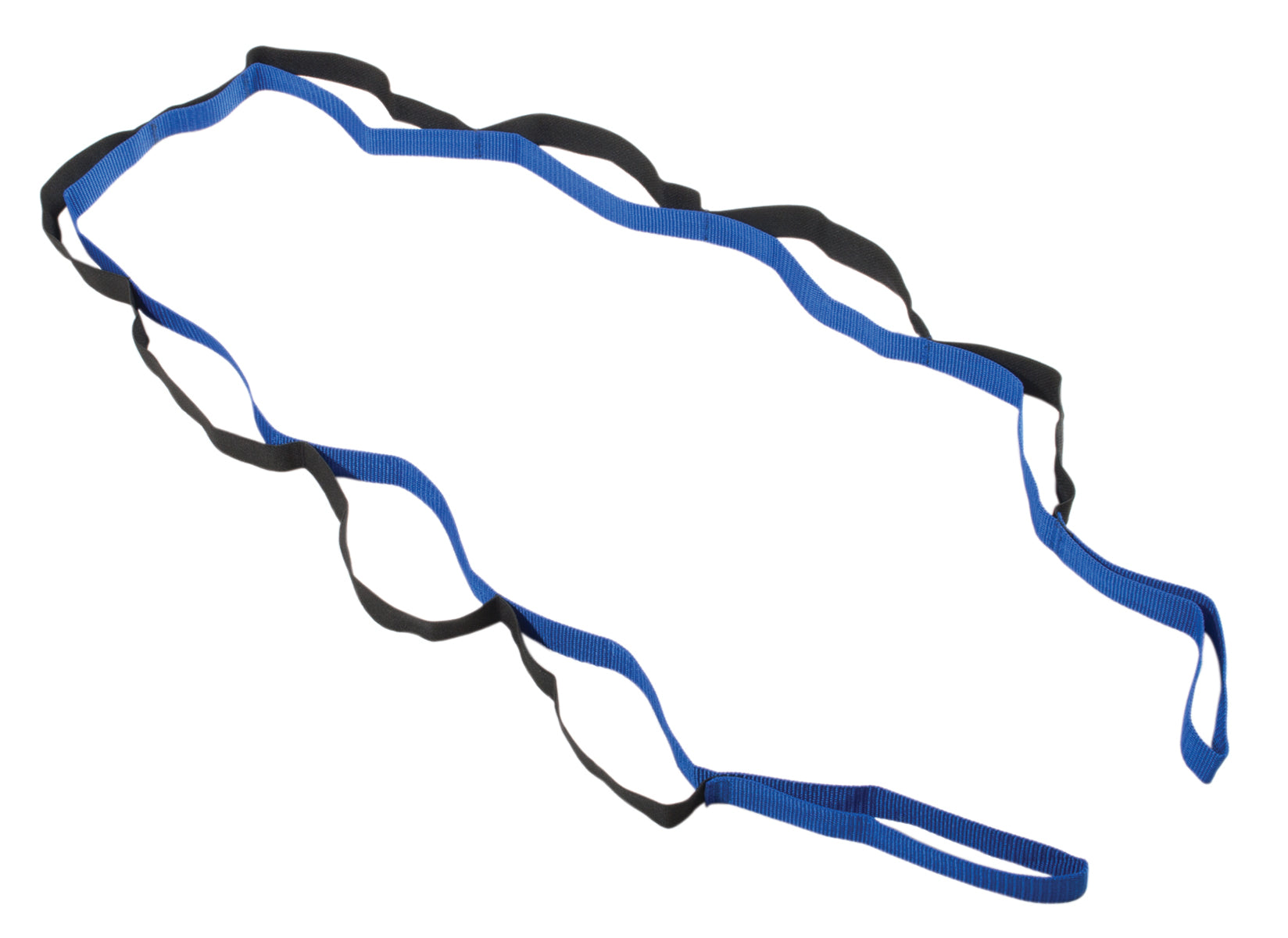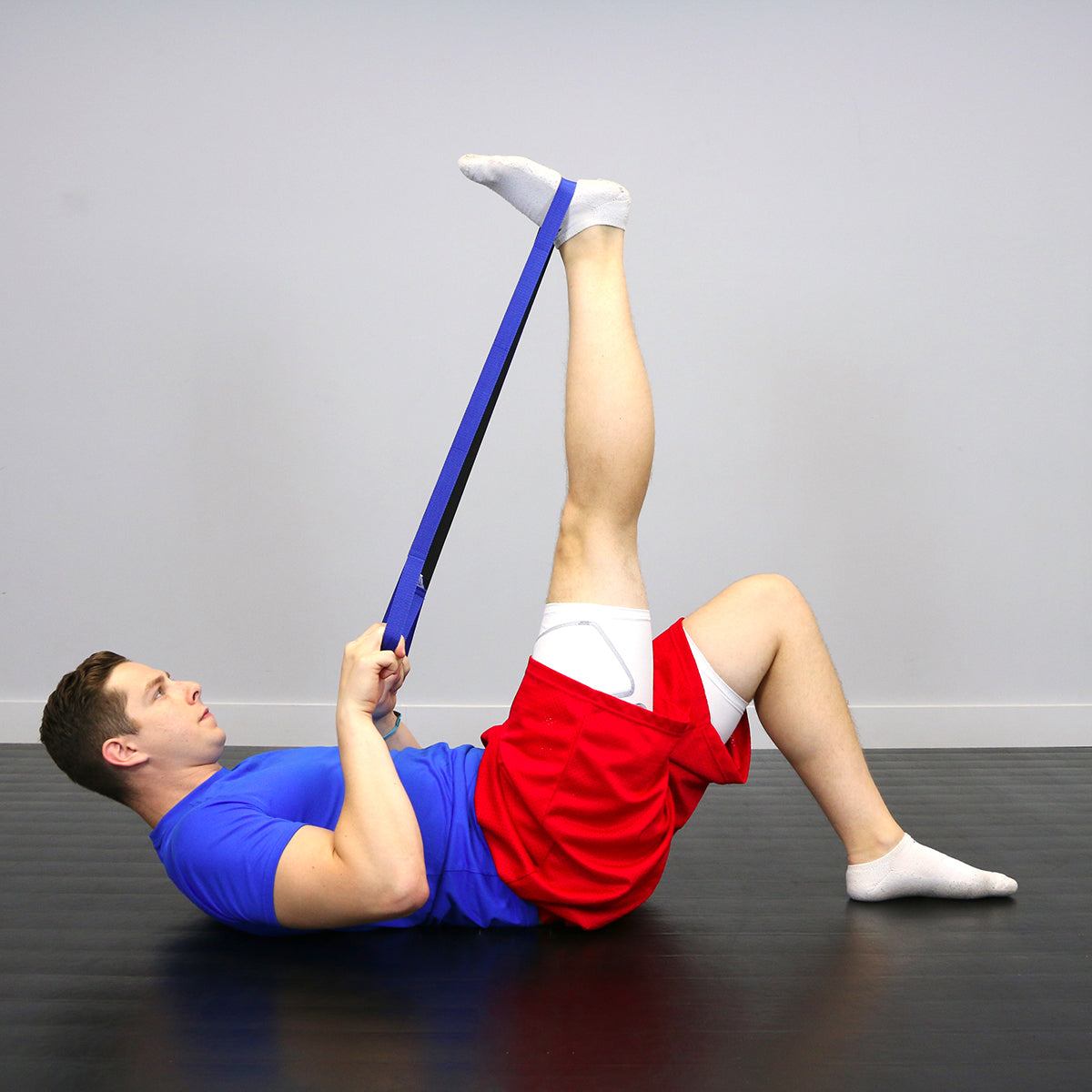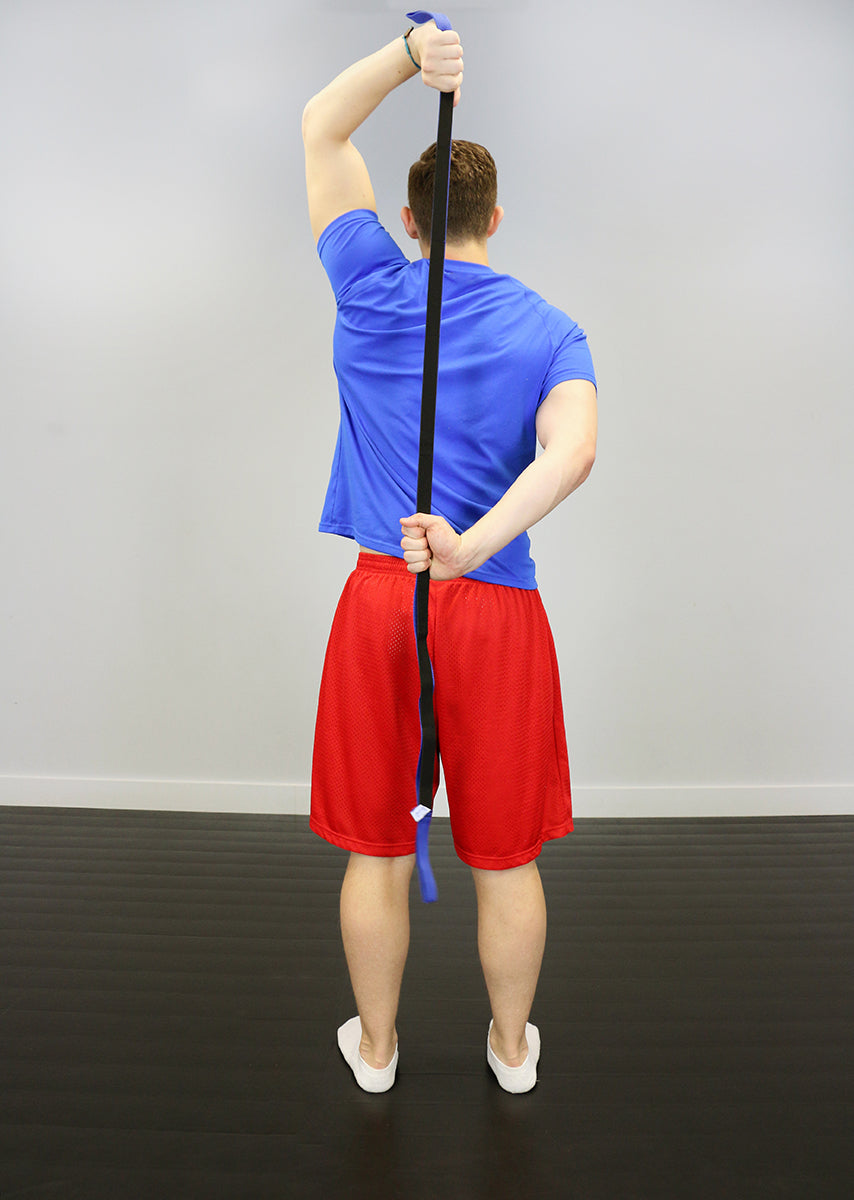The holy grail of lifting is looking for ways to improve your recovery so you can train harder and not feel like crap. When something is highly sought after, there comes a lot of misinformation and scams to make a quick buck. People push all kinds of things to improve recovery, but not a lot of them are backed by research and are instead peddled by social media influencers.
I am not one for science is everything, but when things are looked at over and over and no signs point to it actually improving recovery, I tend to bet my money it’s just smoke and mirrors.
RECENT: What A Powerlifter Can Learn From An IFBB Pro
First, we must define recovery. It is not an “I feel better afterward so it must be working” kind of feeling. I am not knocking the importance of feeling better, but what is the mechanism that is actually working here. Most of the time when you feel better, that is a parasympathetic thing, not a “my muscles are recovering” thing.
Parasympathetic recovery is important and that is one of the five ways to improve recovery that I will talk about later, but I want you to think past “I feel good when I do it” to actually look at the mechanisms of recovery and what that actually means.
Biochemical markers that show recovery are things like plasma glutamine, plasma creatine kinase activity, plasma urea, plasma hormones such as cortisol/testosterone ratio, and blood lactate levels. These are the mechanisms looked at in research that will determine if you are recovered. As you can see, there are in-depth markers that probably won’t be affected by a power massager or an oil you rub all over yourself.
The next thing we want to look at is why and when is recovery actually important. The idea of training is to create a stimulus that your body must adapt to in order for it to change. Recovery can blunt that ability to fully adapt to the stimulus and therefore affect your ability to progress at the rate you want to.
So, when is recovery important? It is critical when you are getting down to the final days and weeks of a competition where you are not worried about creating a high stimulus/high volume adaptation. Your main concern is to maintain the muscle and strength you have while improving your fatigue via recovery modalities and a drop-in volume. When you are outside of that realm of training your recovery, modalities are not nearly as important, and it is far more important to push yourself into allowing your body to fully adapt and repair on its own.
![]()

If it is not important to incorporate recovery modalities, why on earth am I doing an article on my top five ways to improve recovery? That’s a good question, and my answer is that they don’t really matter nor do they really work, so why bother?
The five things you need to worry about and dial in are nutrition, proper programming, work capacity, sleep, and parasympathetic recovery.
Those five things are the keys to improving your ability to recover better and train harder without blunting your ability to fully adapt from the training stimulus.
If these things are dialed in, your ability to accrue more volume and higher intensities will go up as well. Without these five things being dialed in, all of that other stuff doesn’t matter one bit.
1. Nutrition
Nutrition, as we all know, is key to growing and recovering in between workouts, but what is ideal to aid in this process? Ideally, you want to be in a slight calorie surplus, which is anywhere from 200 to 500 calories more than maintenance; if you eat any more than that, you will just be getting fatter and not really doing much else.
LISTEN: Table Talk Podcast Clip — Justin Harris Explains Carb Cycling
Calories are the most important part, but a close second would be the timing and portioning of them. Having the majority of your calories and most of your carbs pre-, during, post-, and post-post-workout are the ideal times to make sure that protein synthesis is high and glycogen is getting filled. Plus, the carbs spike insulin, which is very anti-catabolic.
2. Proper Programming
Having a program that is sensibly put together is very important in helping with recovery. You are only capable of accruing so much volume and intensity in a week before it all comes crumbling down with a major injury, over-training, or just general burnout. Having a program that builds week to week in volume and/or intensity is ideal for allowing your body to accommodate to the stress and be prepared to take on more the following week.You can’t start off with Week 1 being the hardest week and then keep trying to top that each week. The idea of more is better is just a Band-Aid for not knowing what the hell you are doing. Make sure you have a sensible program that has proper volume jumps and deloads when needed.
3. Work Capacity
Building up your work capacity or aerobic base will allow you to not only recover better day-to-day, but it will also allow you to recover better set-to-set and rep-to-rep. Much like building a foundation of muscle during the off-season is key to hitting a big total, building up your aerobic base is the key to being able to recover better and handle more.
I am not saying lace up your shoes and hit the streets for a Rocky-inspired jog; I am saying do your research and look into energy systems and how to build them up properly that best suits your goals. You hear Louie Simmons talk about GPP and extra workouts all the time, and that is a great way to do it. You can also look into modalities like cardiac power intervals, tempo method, or aerobic strength training, high-intensity continuous training, and threshold training.
To learn more about the specifics of this style of aerobic capacity building, I recommend reading or listening to anything Joel Jamieson has to say.
4. Sleep
Sleep is next on the list of important things that can dramatically improve your recovery. Keep in mind that sleep is not just the number of hours you sleep, but the quality of sleep. It is recommended that in order for you to get seven hours of sleep, you need to be in bed for around nine hours. Once you are able to map out the timeframe, it is important to look at ways to improve sleep quality and ways to make yourself fall asleep faster.Sleep quality can be impacted by the temperature in your bedroom, so you want it to be cold — somewhere between 65 to 68 degrees Fahrenheit. Remember as you are sleeping, your body temperature increases slightly.
READ MORE: If You Snooze, You'll Lose Fat and Boost Your Productivity
You want a dark room with no electronics. Look to get blackout curtains, and blackout your electronics and put them in airplane mode. The darker the better! You can have white noise from a humidifier, which can also help as well.
Having a smaller meal with carbs in it can help you fall asleep faster by increasing serotonin release.
Another way to help you fall asleep faster is to have a sleep schedule that ensures you fall asleep around the same time every night and wake up at the same time every morning.
5. Parasympathetic Recovery
A lot of people live in a very sympathetic state — constantly in an aroused state of being. This is great for training, but outside of the training window, this is a very bad state to remain in. This can cause high levels of stress and interfere with digestion and cause issues falling asleep, — both are terrible things if you want to perform at a high level. Plus, if you are always in this state, it will take more and more to get there, meaning there is a diminishing return.You want to be in a calm parasympathetic state all the time outside of the training window. A few ways you can do this is to take five to ten minutes post-workout to lie down with your feet up and just breathe. Make sure you are not listening to aggressive music after the gym. Take a few minutes before every meal and before bed to do some type of breathing or meditation to help make sure you are ready to eat and sleep.
This can also be done by taking naps, getting a massage, taking a hot bath, or doing pretty much anything that helps you relax. These things will take you into a parasympathetic state and allow you to recover better.
Conclusion
All five of these things require an in-depth article of their own, but I just wanted to get you thinking about what you are currently doing and how micro that may be compared to these five things that are the most important things to help with actual recovery to allow you train harder and better. Hopefully, this will start to change your perception of what is important when it comes to recovery and that you start to shift your priorities to the bigger things that matter the most.References
- Gleeson, Michael. (2002). Biochemical and Immunological Markers of Over-Training. Journal of Sports Science and Medicine, 1 (2), 31-41. Retrieved from
https://www.ncbi.nlm.nih.gov/pmc/articles/PMC3963240/ - Jamieson, Joel. (2009). Ultimate MMA Conditioning. 8WeeksOut Media.
- Walker, Matthew P., & Stickgold, Robert. (2006). Sleep, Memory, and Plasticity. Annual Review of Psychology, 57,139-166.
https://doi.org/10.1146/annurev.psych.56.091103.070307








